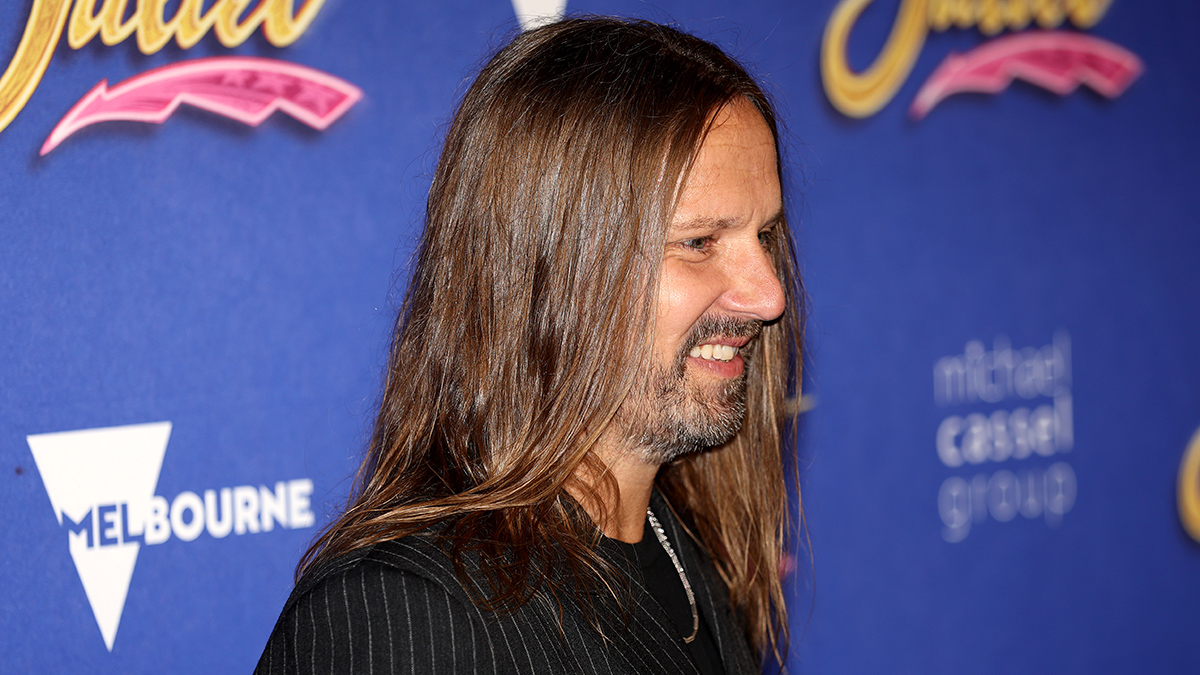Max Martin on his approach to songwriting and production: “I’m trying to make every part good… I think every second needs to be awesome”
“My intentions are pure: I want to just create something that we love in the room”

The number of hit records that songwriter/producer Max Martin has been involved in is almost comically high, so what’s his secret?
The super-Swede of the studio rarely gives interviews, but as & Juliet, his jukebox musical, landed in Australia this week, he spoke to News.com.au about his creative approach. And it turns out that Martin’s secret is pretty simple: lots of hard work and attention to detail.

“I think I’m trying to make every part good,” he explains. “If we do our job right, I think every second needs to be awesome. And I hate when people zone out. I want to be engaged the whole time. Songs that, when you hear it on the radio, you just want to hear it over and over again. That’s the thing that you want.”
Despite being the go-to guy for artists who want to have a hit, Martin says that he doesn’t go out of his way to try and write successful songs, but it just so happens that his taste is aligned with a lot of other people’s.
That said, he does make some concessions to commerciality: “If you have a song that feels pretty catchy, you might not make it 15 minutes long - you make decisions to make it user-friendly, so to speak. But my intentions are pure: I want to just create something that we love in the room. Whatever happens after that, it’s up to the world to decide.”
Fortunately for Martin, the world has decided that it likes an awful lot of his records. His magic touch has helped to create hits for Britney Spears, Backstreet Boys, Katy Perry, The Weeknd, Coldplay, Taylor Swift and many, many more. Not all of these have been all-out pop records, either; he’s dabbled in rock and R&B, too.
Explaining how he’s managed to evolve his sound and stay relevant, Martin says that being a fan of popular culture has helped. “I feel you have to recognise that it’s always evolving, otherwise it wouldn’t be popular culture,” he points out. “So I think it’s part of the mystery and the challenge of being in it is to also like, ‘Hey, what’s going on?’”
Want all the hottest music and gear news, reviews, deals, features and more, direct to your inbox? Sign up here.
In the end, though, he humbly suggests that his longevity is primarily down to the quality of the artists he’s worked with: “I would say the main reason I’m still around is purely the fact that I’ve been working with people who make me look really, really good.”



I’m the Deputy Editor of MusicRadar, having worked on the site since its launch in 2007. I previously spent eight years working on our sister magazine, Computer Music. I’ve been playing the piano, gigging in bands and failing to finish tracks at home for more than 30 years, 24 of which I’ve also spent writing about music and the ever-changing technology used to make it.